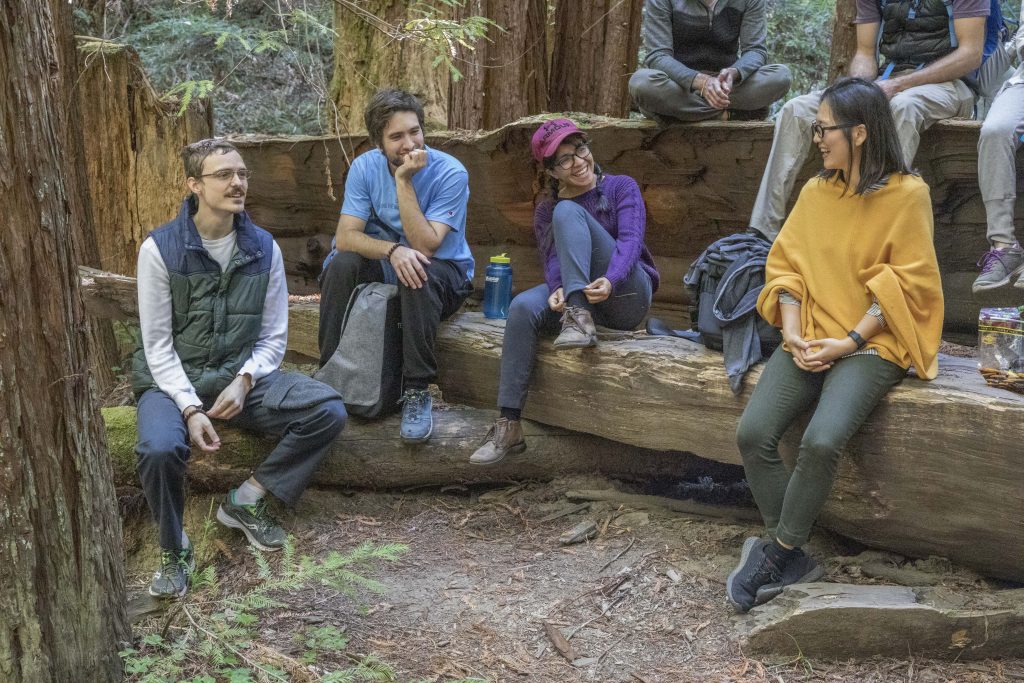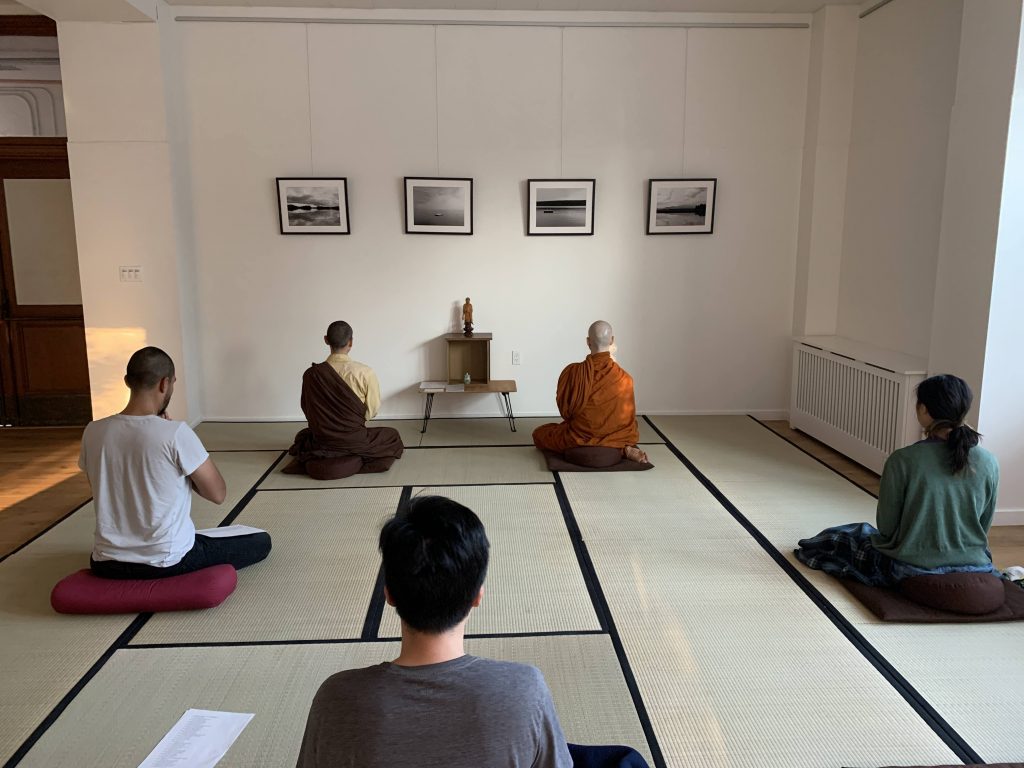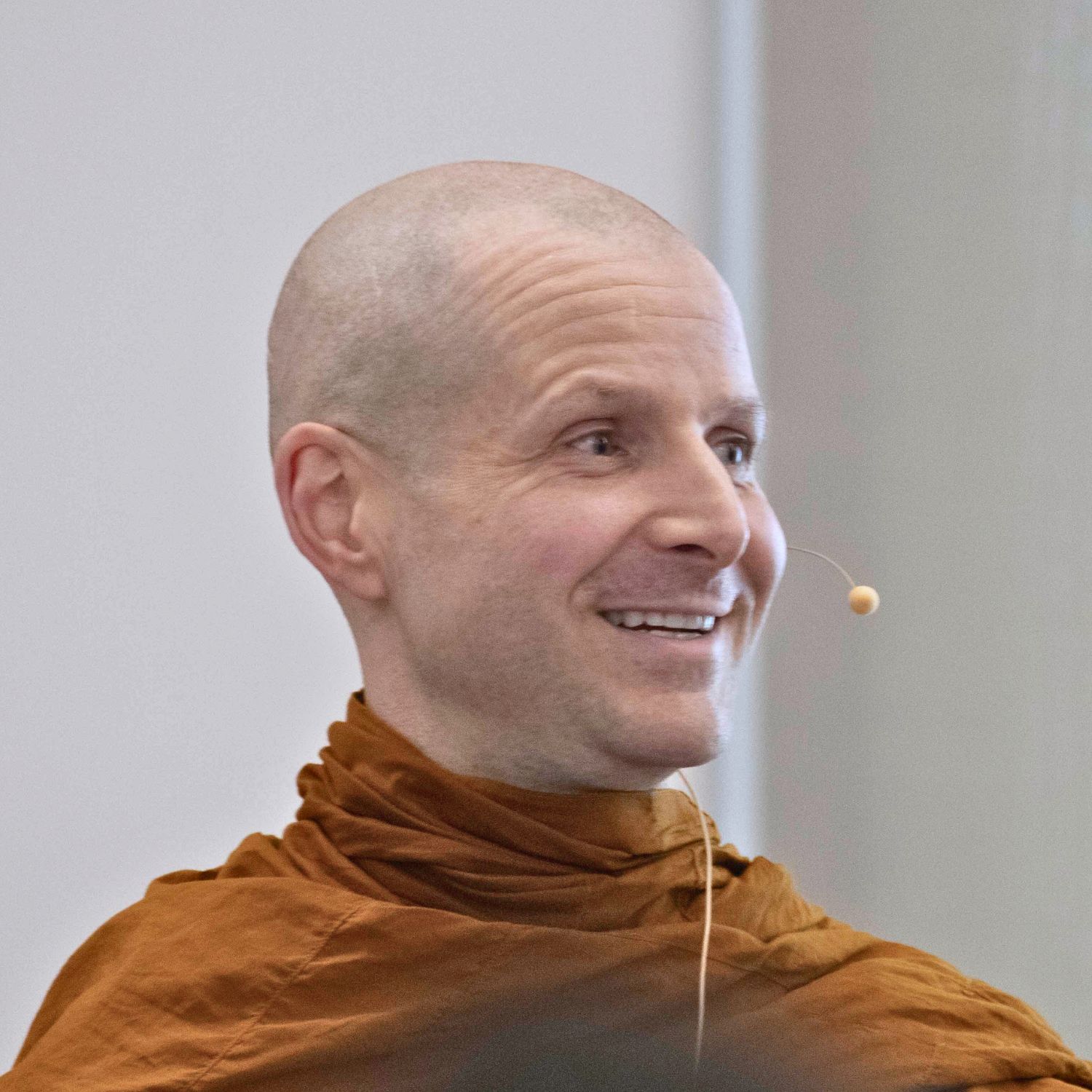
A meaningful life is a life of liberation and freedom from the habits of the mind.
Buddhism is actually very simple and clear about what a meaningful life is, and that’s a life of liberation, or freedom. First of all, to understand meaningfulness, we have to look at the structure of something. The Buddha explained the structure of life, and he was very clear. He said the structure of life is that we all find ourselves in an impermanent situation—our bodies, our minds, and our emotions are all impermanent. Everything about our karmic day-to-day life is impermanent.
This was not a philosophical statement; it was just a report on the condition of life.
The dissatisfaction that we experience in life, the Buddha said, is due to our desires; we attach to elements of our thought, our body, our emotions, other people, and so forth. Attachment leads to suffering because what we attach to changes.
The question everybody asks is, “How do we resolve the fundamental suffering of human life?”
First of all, you have to understand where and how it arises. It’s from this kind of attachment, this itch—this desire that seems to never quite be solved. So, for a quality life, a meaningful life, we do a practice where we attempt to gain some liberation and freedom from the habits of mind and experience that we’ve created up to this point, which if continued, would carry us along without any kind of real clear awareness.

For a meaningful life, we must look very deeply into ourselves to find a place of contentment—a place of solidity, a place where we can rest, a place of quietude. This is what we try to do in our meditation; we try to find that place that’s not the flux of the surface or the flux of the karma, but really the birthright that all of us have, which is a very quiet, content, and clear experience. To live a meaningful life is to find that very quiet, content, and clear experience; to the degree we’ve found that, we’ll have solidity in our life. To do this requires some sort of meditation or awareness.
In addition to that, we need to be completely aware all the time, as we move through our life. To help us find that place, we need to be aware of what’s going on in our experience. And that requires paying very close attention to the mind, all day long. For a meaningful life, one pays very close attention and is very aware of what’s going on. We try to lie to ourselves as little as possible. We try to look as clearly as possible at our real intentions.
A meaningful life is, first of all, when one has the freedom to have a contented, quiet place to exist. Second of all, one has a kind of attuned awareness of what’s really going on.
In our relations with people, we want to have a sense of compassion. We want to have a sense of caring. Not caring in the sense of what is that person going to do for me, but rather, how can I share with this other person in terms of this awareness I’ve developed? How can I help this other person towards their liberation? And, if you’re helping other people towards their liberation, that might not be the same kind of relationship that most of us have developed to this point. A meaningful life, from a more Buddhist perspective, is one in which we always look to what we can do for someone else to help them find a more meaningful and clear life for themselves. This will lead us to wisdom.

Wisdom will allow us to see what’s going on.
In order to have that happen, we have to have solidity to our body, which is the basis of virtue or morality. What the Western context calls morality, I’d rather call virtue or character. The reason we have to start with virtue or character is because that’s the solidity of our body. Where our body acts, it creates another level of conditions that will return to us in one way or another, and in addition to a quietude of mind through virtue we can gain a solitude or contentment of the body.
As we are able to carry out this attitude in mind and body in day-to-day life, we can develop the solidity of mind and wisdom, insight, awareness, and a sense of compassion and empathy for other people. With clarity of what’s going on, we can work to develop a life where day-to-day, in every moment, we practice putting these qualities to use.
For instance, in relationships with other people, the way that we make contact with each other is not in our projection of them, of what they can do for us, or how they can solve our problems, or how we’re going to even necessarily solve their immediate problems, but rather a very deep listening to them, in the same place of quiet that we’re finding in ourselves, and in trying to elicit that deep awareness within them that we’re working on within ourselves. It is a kind of deep listening, and not attaching; a kind of unattached wisdom.
The other big balance that most of us are going to have to discover for a meaningful life is the balance between our spiritual life—the practice that we’re doing in meditation and so forth—and our practical life: work, family, and so forth.
As you develop your spiritual practice, you’ll hopefully loosen up the habits of the past, and give yourself a sense of freedom and choice over your future.
Buddhism clearly points out that you’re responsible for your past actions, so you have to resolve and work through your past responsibilities. But hopefully through spiritual practice you’re opening up a future that has more freedom, and allows us to make choices other than the habit patterns that are already in motion. As you open up that future, you’ll naturally find a way to live in the world that’s meaningful. It’s not something that you have to look for.
I think the problem that a lot of people have is they’re looking for something, when in fact, if you live a spiritual life you will simply see what to pay attention to and take care of within the karmic activities of the world as they currently exist.
Subscribe to Our Newsletter
Get nourishing and mind-expanding writings in your inbox.
Subscribe to Our Newsletter
Get nourishing and mind-expanding writings in your inbox.



